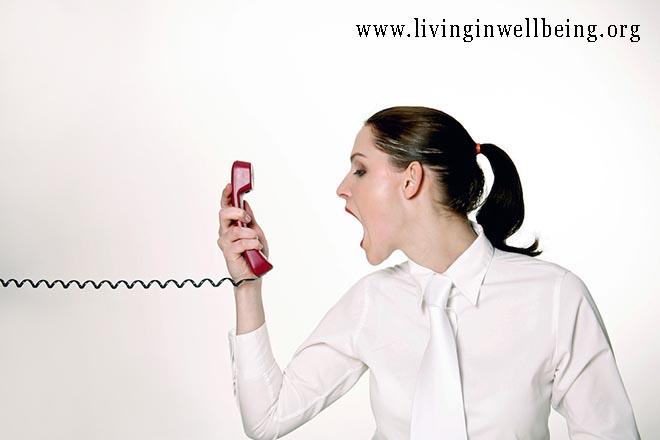
Anxiety is a mental condition characterized by excessive and/or persistent worry, tension, and nervousness. It is really a sense of uneasiness, apprehension, or tension you might feel responding to stressful or threatening circumstances. It is a normal feeling individuals experience when dealing with threat, danger or stress. Anxiety is real but it can be conquered over time with tolerance.
Anxiety is a physiological, behavioral and psychological reaction to stressful situations. It may drain students' working memory not just during tests, but in other problem-solving situations, too. It could affect anybody young or old alike,
Anxiousness is usually manageable and mild, but sometimes it can present serious problems. It's fear's last stand that tricks our minds. It might occur when life's demands are greater than what you can do to cope with them. It's your body's way of suggesting that there's something wrong and needing your attention. Whilst anxiety can affect anybody, this psychological symptom is twice more common in females than in males. Although this condition can strike anytime during a woman's life, hormonal changes can create feelings of anxiety in women of menopausal age. While most menopausal women do not necessarily experience a serious medical anxiety disorder, these conditions are not unusual. Actually, panic disorders affect more than 25 million people worlwide.
Frequently, people with anxiety experience tightness within their chest, a racing or pounding heart, along with a void in the pit of their stomach. Stress causes a number of people to get a headache, to sweat, and/or to have the urge to urinate.
Anxiety is a feeling of tension associated with a sense of threat or danger when the source of the danger is not known. In comparison, fear is a feeling of strain that is associated with a recognized source of danger. It is normal for us to have some slight anxiousness present in our daily lives. Anxiety alerts us and enables us to get ready to the fight or flight response. However, heightened anxiety is on an emotional level painful. It disrupts a person's daily functioning.
Anxiety problems commonly begin when individuals are in their 20s. Nevertheless, people of all ages can experience and require treatment for anxiety.
Anxiety disorders are extremely common. At least (3%) of the populace has had or will be identified as having some type of abnormal anxiety.
Severe anxiety, which can be defined as an episode of terror, is referred to as a panic attack. Anxiety attacks can be hugely terrifying. Individuals who experience panic attacks over a prolonged period of time can become victims of agoraphobia and fear leaving home or going into crowded locations.
Individuals who experience anxiety often can't appear to shake their concerns and worries about daily events, although they may realize that their anxiousness is out of proportion to the triggering situation. Psychological symptoms of anxiety can also include nervousness, trouble focusing, difficulty relaxing, tenseness, hyper-vigilance, restlessness, and irritability A mental health professional may diagnose an anxiety disorder after taking a careful personal history from the client/patient. It will be important to the therapist to understand the details of that person's life. It's also very important not to neglect a physical illness that might imitate or contribute to this mental dysfunction since some medical illnesses can cause anxiety-like symptoms. For example, a person with an overactive thyroid, called hyperthyroidism, might have symptoms similar to anxiety.
Individuals, who are suffering from the effects of an anxiety disorder, are usually withdrawn, avoid other people and shirk responsibilities to their loved ones. This has a negative impact on the people in their lives by placing a great strain on their relationships, and in many cases, relationships risk becoming totally destroyed. Young, single people have the additional burden of coping with their anxiety while dating.
In most cases, there are three different ways to approach anxiety treatment: self care and lifestyle changes, natural therapies, and medical options. Many experts advise that women begin with the least aggressive and risky of these three approaches: lifestyle changes and self care, which can include increased exercises, dietary changes, relaxation techniques, and more
For women who're worried about anxiety during change of life, it is extremely valuable to gain insight into anxiety, its numerous manifestations, its symptoms, and its causes. Understanding these aspects of anxiety can help women determine the best way to manage and treat anxiety during menopause.
Anxiety can derail an individual's life. Can turn a perfectly sane person insane and destroy his future.












